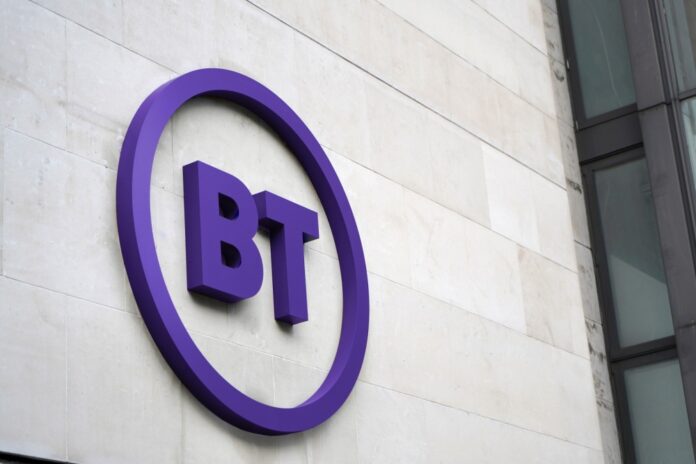Separately, CEO Philip Jansen looks to combine global and domestic divisions
The Communication Workers Union (CWU) and Prospect have recommended the deal offered by BT’s management to their members.
The long-standing disagreement between the unions and BT’s management finally seems resolved. All UK workers who earn less than £50,000 will be given a £1,500 pay rise from January 1. This covers most frontline staff and about 50% of managers in the UK.
In combination with an increase last April, the worst paid workers will receive an increase of more than 15% since last autumn. All of the employees covered by the negotiations got at least 6%.
A change of tune?
In October, up to 30,000 BT engineers and 10,000 call centre workers, including emergency call handlers went on strike over pay.
BT Group’ CEO, Philip Jansen said in a statement: “This award is based on the principles we have followed throughout this difficult period.
“It gets help to as many of our colleagues as possible, favours our lower paid colleagues, and gives people the security of a built-in, pensionable increase to their pay.
“Crucially, it has been worked on in conjunction with the CWU. As I’ve said throughout, whatever our differences, our unions are vital partners. We will now build on this collaboration.”
CWU deputy general secretary Andy Kerr said: “I wish to pay tribute to our members for coming out to strike in such serious numbers.
“Their determination has moved BT into a position where they could no longer ignore the case for a consolidated pay rise – without such unity, the company would have offered a cost-of-living bung at the very best.
Merging enterprise units
Having ticked that one off the to-do list, Jansen is still looking to cut costs:The Daily Telegraph reports thatBT is preparing to merge its struggling international and domestic enterprise divisions.
Earlier this month Jansen announced he wanted to save an another £500 million, in addition to his target of £2.5 billion savings, by the end of the year. BT is facing flat revenue growth but soaring inflation and energy costs.
Last week it announced it is slowing fibre build-out to reduce costs but is widely expected to drop its wholesale prices in a bid to increase take-up, known as Equinox 2, which could be challenged in court by competitors.
The plan is to combine its Global Services division, which primarily offers security and cloud computing services around the world, with its UK Enterprise unit, which serves business and government customers in the UK.
The Telegraph’s source said the thinking is that a merger could reduce costs by between £10 million and £20 million, although no final figures have been agreed
Whether amalgamating two struggling businesses will create a thriving one remains to be seen, as does whether the hoped-for benefits of consolidation, including scale, exceed the substantial costs involved in a merger.
The walking wounded
The Enterprise division lost a big contract with Virgin Mobile in 2019 and despite bringing in Rob Shuter from MTN to head up the division in 2020, it has continued to struggle and shrank 5% in the first half of the year while profits fell by close to 25%.
Revenues from global services fell 2% – the division has never recovered from the Italian accounting scandal that erupted in 2016 and has been a drag on BT Group ever since. Jansen tried and failed to offload the Global Services division to private equity companies, although some parts have been sold off piecemeal.
A BT spokesman reportedly commented, “We know that there is some overlap of activities between our Global and Enterprise units, and we are working on ways to eradicate this.”



